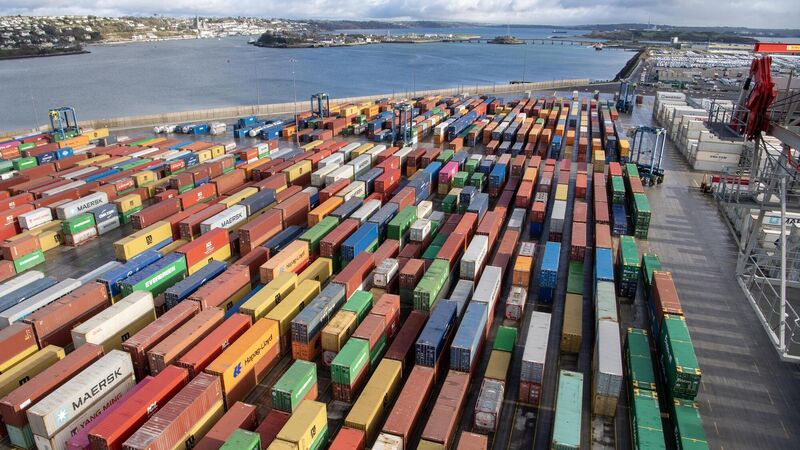Ireland to see 'weaker growth' as EU-US trade deal adds to uncertainty

Ibec said the EU-US trade deal leaves many questions on the table, not least due to €54bn of €75bn on Irish-US trade remaining subject to Section 232 investigations.
A challenging global environment will translate into weaker growth for Ireland in the second half of 2025 and the beginning of 2026, with changes in trade relations set to impact exports and investment.
Publishing its quarterly economic outlook on Thursday, business lobby group Ibec said the EU-US trade deal leaves many questions on the table, not least due to €54bn of Irish-US trade remaining subject to Section 232 investigations. These determine the effect of imports on US national security, with products such as pharmaceuticals, semiconductors and commercial aircraft already being subject to such investigations.











